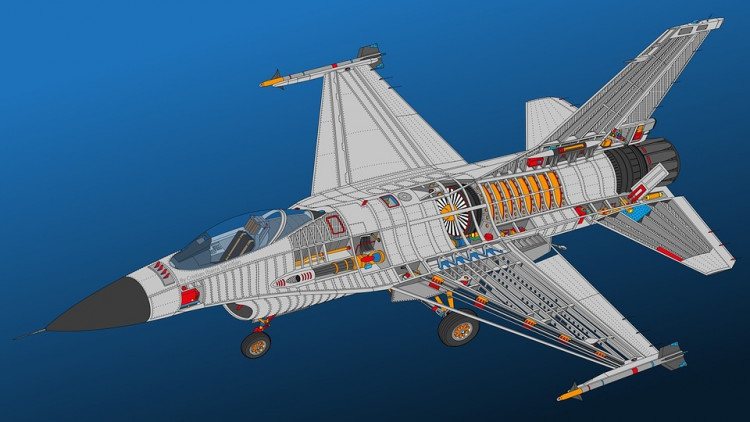A return to hostilities between India and Pakistan may be imminent after almost half a century of being buried when both nuclear-laden countries send their planes across the border between their territories in Kashmir to deliver airstrikes on each other. Moreover, a confusing exchange over which country hits which planes and captured whose pilots have the international community on tippy toes, concerned about the possibility of an all-out war.
The present situation was triggered by a deadly suicide bomber attack February 14 in Kashmir, killing 40 Indian soldiers---the most brutal in several decades. A jihadi group, Jaish-e-Mohammad (JeM), has since admitted to perpetrating the aforementioned attack; however, India believes that Pakistan was involved in the atrocity.
In the light of the attack, India proceeded to literally and figuratively cross the line into Pakistan's Kashmir territory Tuesday, February 26, to deliver airstrikes on what it believed to be a JeM training camp, despite Pakistan denying that it had anything to do with the February 14 attack.
While India believed the airstrike to have been effective, Pakistan insisted there were no casualties or property damage, providing proof in pictures posted over social media. Pakistan also denied the accusation made by India that it was involved in the February 14 attack.
Vijay Gokhale, the Indian Foreign Secretary, explained at a briefing that the object of the air strike had been to eliminate the "JeM terrorists" in that area.
Pakistan has also warned India through the former's prime minister, Imran Khan, that "Pakistan has the right to appropriate response, it has the right to self defense."
So it was that, in the morning of Wednesday, February 27, Pakistan flew into India's Kashmir territory and reportedly shot down a couple of jets and capturing the pilots. To prove its claim, the Pakistan information agency claimed to have posted a video of a bloodied Indian pilot on Twitter, who purportedly identified himself a member of the Indian army.
It is at this point that things began to sound crazy, as India and Pakistan exchange a repartee of claims where the former admitted to having one of their planes shot down, with a pilot missing. It also admitted to having shot down a Pakistan airplane which flew back across the border. Pakistan's response was a claim that no jets of theirs had been hit.
Still, on Wednesday, Khan gave out a call for "calm."
He said that Pakistan's action was merely to let India know that, if the latter could go into Pakistan without any qualms, the former was also capable of the same to the other. However, India's Prime Minister Narendra Modi went on to say that, if the situation were to "escalate" further, it would be taken out of his hands.
Khan also called for a sit-down in order to settle the problems. But Modi may not view this favorably as he is up for the general elections in the Spring.
An expert at the Council on Foreign Relations, Alyssa Ayers, believes that an escalation of the situation is a possibility and that it may need intervention by other countries, including the United States in order to help diffuse the situation.





